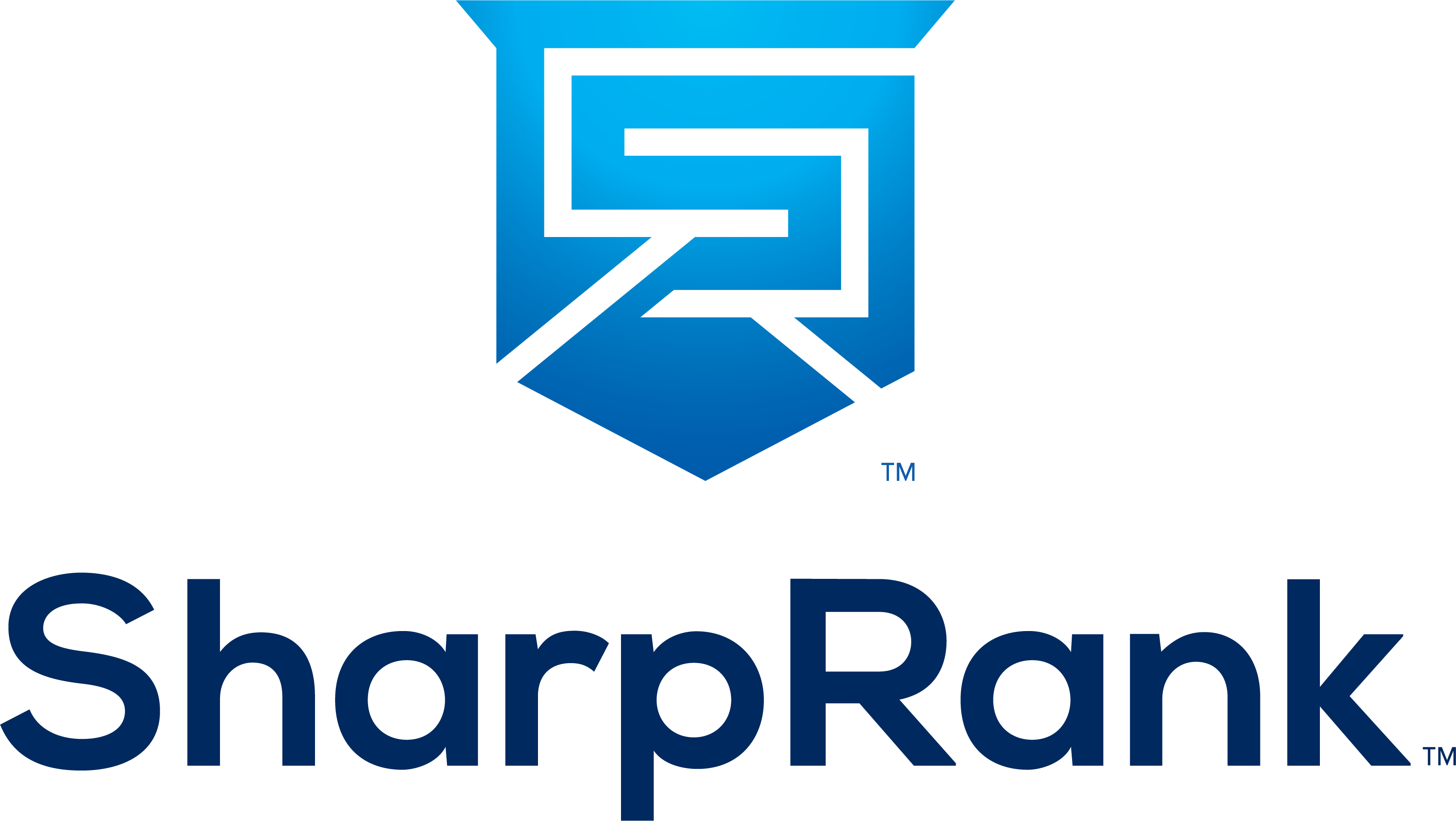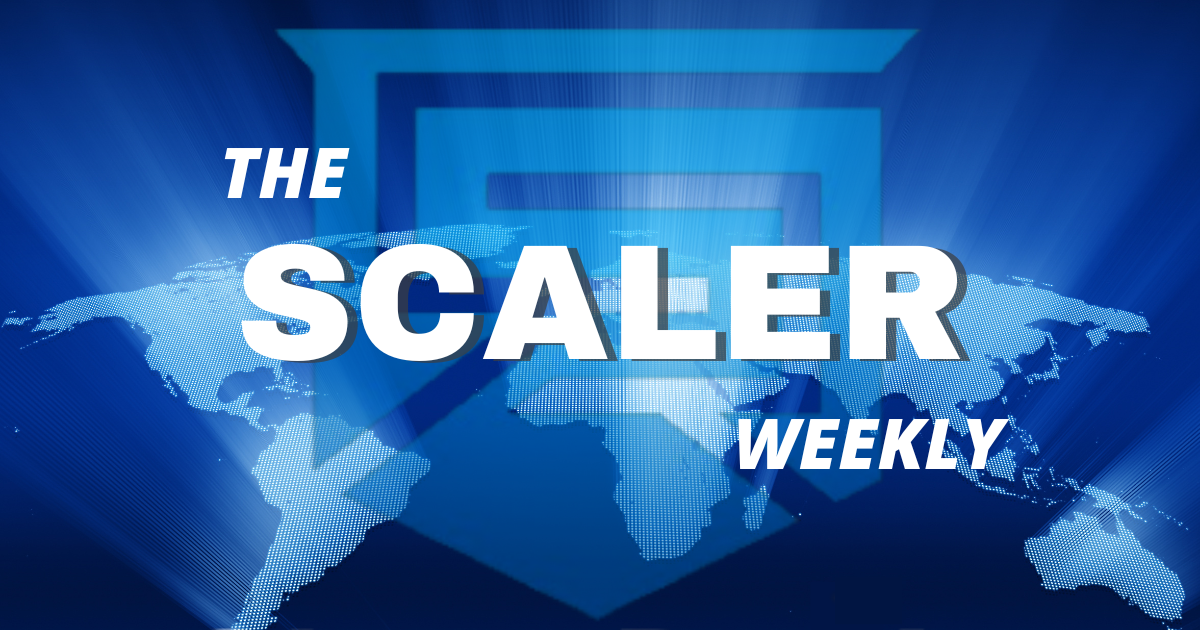SharpRank’s weekly updates on Compliance, Audit, Legislation, Ethics, & Regulation within the Sports Betting Industry.
60 Minutes: Sports Betting Concerns
The rise of sports betting in the United States, fueled by technology and legalized by a 2018 Supreme Court decision, has led to a significant transformation in the sports industry. The Super Bowl, for the first time, will be held in Las Vegas, reflecting the significant role gambling now plays in sports. Betting has moved from being a clandestine activity to a mainstream pastime, facilitated by mobile phones and sophisticated AI used by betting companies. This merging of industries has created some gaps in the integrity chain of the consumer, leaving its infrastructure exposed to gray areas and deficient to sustain growth/maturity. The legalization of sports betting in 38 states has led to Americans spending over a quarter of a trillion dollars on sports betting, equivalent to the GDP of Greece. This has benefited leagues and networks, with ESPN even launching its own sportsbook. Despite the lack of federal funding for gambling research, surveys indicate that the largest demographic of sports bettors in the U.S. is men under the age of 35. While fears of gambling corrupting sports have not materialized, there has been a surge in young gambling addicts in the last five years, and the public’s voice is increasingly vocal about this emerging industry and the lack of proper guardrails/oversight. Highlighted in this segment is Joe Ruscillo, a 26-year-old who started gambling in high school and escalated his betting activities with the introduction of sports betting apps in New York in 2022, underscoring the ease and accessibility of betting, which can be done anytime, anywhere, leading to potential addiction issues. This 60 minutes piece covers the aftermath, addiction, of continuing to operate on an unstable infrastructure. SharpRank and companies like it are proposing a “diet and exercise” solution to mitigate the negative consequences. There are still many questions left undiscussed in the segment, but the general message is “good guardrails” are still needed.
The NFL and Las Vegas: A Transformative Relationship Evolution
The Super Bowl being held in Las Vegas shines some light on the evolution of the relationship between the NFL and Las Vegas, which was initially distant due to the league’s stance on sports gambling. In the 1980s, the NFL charged casinos $25,000 a year to televise games, a move that kept the relationship frosty. However, the dynamic changed dramatically when the Raiders relocated to Las Vegas in 2020 and the city began hosting major NFL events, including the Super Bowl, the draft, and the Pro Bowl. This shift was further solidified in 2018 when the U.S. Supreme Court overturned the Professional and Amateur Sports Protection Act, allowing sports betting beyond Nevada. Despite past snubs from the NFL, such as refusing to air a Las Vegas ad during the Super Bowl, Las Vegas stakeholders maintained a pragmatic approach, leading to a smooth transition to a warmer relationship. Today, the NFL’s relationship with Las Vegas is significantly different, reflecting the changing attitudes toward sports gambling.
Alleged Inside Info Scandal Rocks College Baseball: Ohio Man Charged with Obstructing Investigation
Bert Neff, an Ohio man who used inside information to bet against Alabama baseball in 2023, has been charged with obstructing a federal grand jury investigation. He is accused of receiving inside information about Alabama’s projected starting pitcher missing a game and sharing that information with other bettors. His betting activity was flagged as suspicious, leading to an investigation and the subsequent firing of Alabama baseball head coach Brad Bohannon.
As the investigation continued, Neff allegedly tried to destroy cell phone evidence and urged others to do the same. His betting activity also led to the firing of two Cincinnati assistant coaches. The NCAA announced that Bohannon will face a “15-year show-cause order,” prohibiting him from being employed in an athletic role at an NCAA member institution for 15 years.
As a result of the investigation, Alabama will retain EPIC Global Solutions to provide sports betting educational measures to players, coaches, and other staffers. This incident being brought to light is a direct result of setting required oversight of an area that creates conflicts of interest relative to the ability to affect/manipulate the on-field outcome.
Iowa Department of Public Safety Enhances Oversight on Sports Betting
The Iowa Department of Public Safety has issued a statement about their ongoing investigation into sports betting. They’ve set up a special team within their Criminal Investigation Division specifically to enforce the state’s gambling laws. The department is using new technologies and data analysis tools to help regulate the betting industry and enforce the law. These tools help them spot any unusual or potentially illegal activity. Sportsbooks and those licensed to take sports bets are required by law to have certain procedures in place to prevent illegal activity. The Department of Public Safety has made sure they are using these technologies legally. They’ve consulted with legal counsel and had two county attorney offices review the information from their investigation before deciding to take further action.
Kansas Proposes Tighter Regulations on Sports Betting Ads
In less than 18 months since the launch of retail and online sports betting in Kansas, the state’s lawmakers are contemplating stricter advertising guidelines to shield minors and other vulnerable groups, including those with gambling addiction, from sportsbook ads. The existing Kansas law, enacted in May 2022, already prohibits direct advertising to minors, those on the state’s exclusion lists, and those with gambling addictions, and allocates 2% of sports betting revenue to problem and responsible gambling initiatives. A new bill, SB 432, introduced on January 31 and referred to the Senate Committee on Federal and State Affairs on February 1, proposes to ban operators from advertising through internet websites, other online mediums, or electronic device applications, effectively prohibiting advertising on social media sites. However, operators would be permitted to advertise on their own websites as part of content offered by an interactive sports wagering platform, provided account holders consent to receive such advertising. This move aligns with a broader trend across North American states where sports betting is legal, aiming to limit advertising and safeguard what lawmakers and regulators perceive as the most vulnerable segment of the population. If the bill is passed, state regulators would be required to establish rules by January 1, 2025, and the bill would not impact advertising or marketing contracts in place as of July 1, 2024. Regulators in Ontario are set to implement new rules banning the use of celebrities and athletes in sports betting advertising, with the regulations due to take effect on February 28. Meanwhile, U.S. states, including Maine and Massachusetts, have the nation’s strictest advertising and marketing deadlines. In both Maine and Massachusetts, operators are prohibited from advertising or marketing on college campuses or to college students and can only advertise on television during sporting events. In Massachusetts, operators are also required to display “21+” on any advertisement visible from a professional or college sports venue. Furthermore, U.S. Congressman Paul Tonko has proposed a federal ban on sports betting advertising in the U.S., although the bill, introduced last August, has yet to gain momentum. The deadline for the Kansas legislature to introduce bills in each chamber is February 7, with the crossover deadline set for February 23.
North Carolina Embraces Online Sports Gambling: Strategic Launch and Implications
The North Carolina State Lottery Commission has given the green light for the launch of legalized online sports gambling in North Carolina. This decision, which was unanimous, is set to take effect on March 11, strategically timed to coincide with the beginning of the Atlantic Coast Conference men’s basketball tournament. This follows the signing of House Bill 347, which allows individuals aged 21 and above to place online bets on various sports. This move makes North Carolina the next state to operational launch online sports bets, following a 2018 Supreme Court decision. With the legalization of online sports gambling, up to 12 online sportsbooks may become available for gambling. Each new state’s adoption comes with the warning of risks, particularly among younger people. James Whelan, the executive director of the Tennessee Institute for Gambling Education and Research, highlighted the potential academic consequences for students who gamble problematically, including difficulties in completing classes and correlations between gambling and mental health disorders. Rosa Li, a professor in the UNC department of neuroscience and psychology, compared gambling to substance abuse disorders, noting that both can activate specific reward activation pathways associated with cues or cravings. Christopher Mclaughlin, a professor at the UNC School of Government, acknowledged the potential risks but also highlighted the potential benefits of the new sports gambling law, particularly its potential to serve as a new revenue source for the state. The N.C. General Assembly’s Fiscal Research Division estimated that about $64.6 million in revenue will be generated for the state within the first year of the law’s implementation.
Student-Athlete Safety: NCAA and Ohio Governor Call for End to College Prop Bets
The NCAA and Ohio Governor Mike DeWine are urging the Ohio Casino Control Commission (OCCC) and operators to stop offering individual college prop bets. This comes in response to a growing concern over threats made against student-athletes by some individuals involved in sports gambling. Governor DeWine believes that by shifting the focus of bets from individual athletes to teams, the sports gambling marketplace in Ohio can be improved and student-athletes can be better protected from unnecessary and potentially harmful threats. In the previous year, a bill was passed that would place bettors who harass athletes on an involuntary self-exclusion list. Now, the NCAA and Governor DeWine want the OCCC to completely eliminate college prop bets, a type of wager already prohibited in many states. University of Dayton’s Vice-President and Director of Athletics, Neil Sullivan, and men’s basketball coach Anthony Grant have long advocated for the elimination of prop bets on individual college athlete performances. They support any action that aims to protect students and their families from abuse and threats. In addition to supporting Governor DeWine’s recent public statements, the NCAA has requested that the OCCC consider rules limiting the markets in the state. The OCCC, which allows leagues to petition regulators about what markets are approved to be offered in the state, is considering the request. Operators have until February 12 to submit their comments on the proposal. NCAA President Charlie Baker has been increasingly vocal about college prop bets. He has spoken about the pressure athletes face because these markets are available and have made this issue a core topic in his NCAA State of College Sports address.

